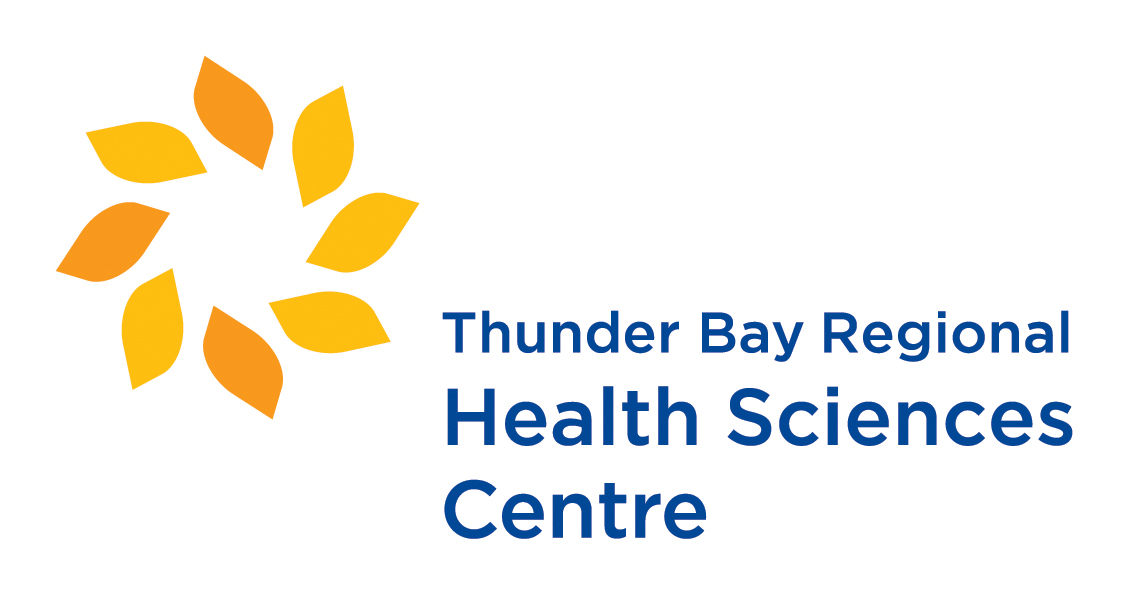Shared on behalf of Northwestern Ontario Regional Stroke Network
On December 9, 2024, Lake of the Woods District Hospital (LWDH) took a significant step forward in stroke treatment by implementing tenecteplase (TNK) as the new standard of care for eligible acute ischemic stroke patients, replacing the previously used alteplase (tPA).
This change aligns with the latest stroke best practice recommendations and marks a notable improvement in the hospital’s stroke care capabilities.
The switch from tPA to TNK brings several benefits and advantages for both patients and health care providers:
- Improved Administration: TNK is administered as a single bolus injection over 5-10 seconds, compared to tPA’s one-minute bolus followed by a 60-minute infusion.
- This streamlined process significantly reduces treatment time and simplifies the procedure for medical staff. It also assists in transporting the patient for possible EVT treatment faster due to our large geographical region.
- Enhanced Efficacy: Multiple studies have shown that TNK provides equal or higher rates of reperfusion compared to tPA without increasing the risk of death, serious adverse events, or intracranial bleeding.
- Increased Safety: TNK’s higher fibrin specificity contributes to a decreased risk of bleeding, potentially improving patient outcomes for our regional patients.
As more Telestroke sites across Northwestern Ontario make similar transitions, LWDH’s adoption of TNK places it at the forefront of stroke care.
This change enhances the hospital’s ability to treat stroke patients effectively and demonstrates its commitment to adopting evidence-based practices that improve stroke patient care and outcomes.
This transition to TNK represents a watershed moment in one of our regional sites’ stroke treatment protocols. LWDH can now deliver life-saving care more quickly and efficiently, which is crucial in stroke cases where every minute counts.
Congratulations to the entire team who made this possible, with a special acknowledgement to the hard work of Jenn Young and Dr. Tim Wehner. Without their commitment and dedication to this practice enhancement, this would not have been successful.
